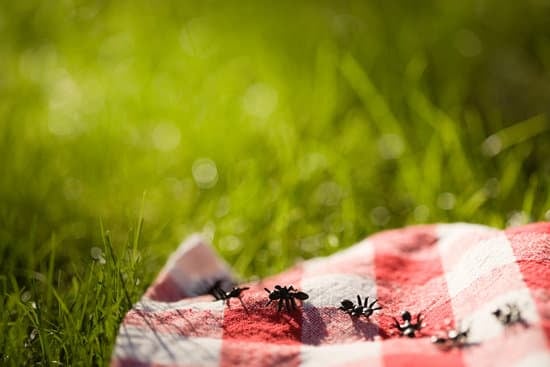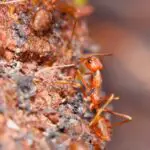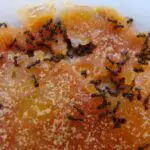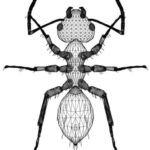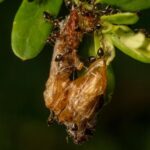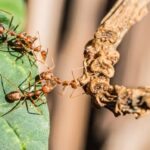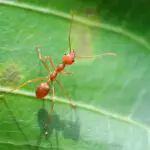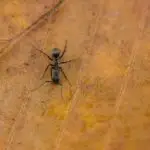Horned Lizards and Ants
Among the many species of lizards, some are insectivorous. Others are herbivorous. There are also some omnivores. They can eat insects, spiders, mealworms, and fruits.
Horned lizards are native to the Southwestern U.S. and Central America. Their large backs and heads are covered with scales. They have specially adapted teeth for chewing ants. They are also capable of shooting a sticky substance into a hill to collect ants.
The ants that horned lizards eat are called Harvester Ants. These ants have a potent venom that is toxic. However, horned lizards have developed adaptations to evade the venom’s effects.
The strategy of the lizards is to coat the ant with mucus as quickly as possible. The mucus is a curtain that encloses the ant during its trip to the lizard’s stomach. The ants are then pushed through the curtain and immobilized until the lizard swallows them. The ant swallowing process takes only a half second.
Researchers are still trying to determine the lizard’s technique for wrapping ants. They are trying to see if coordinated movements of the tongue can help.
Horned lizards, like all lizard species, are prone to parasitic infections. In order to be healthy, they should only eat feeder insects that are free of parasites. They should also avoid feeding any insects that have been wild-caught.
If you want to keep a lizard as a pet, you should know which insects to feed. You should avoid ants that have been chemically treated with pesticides.
